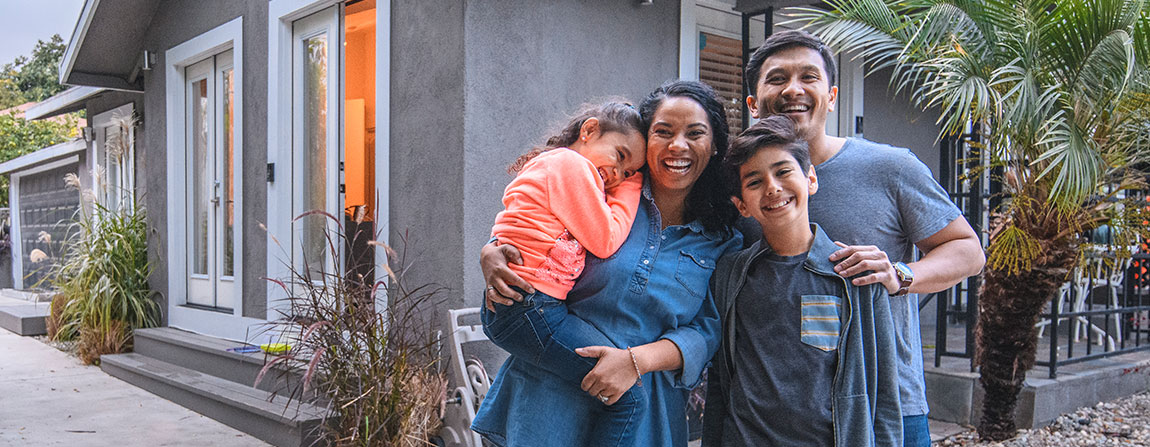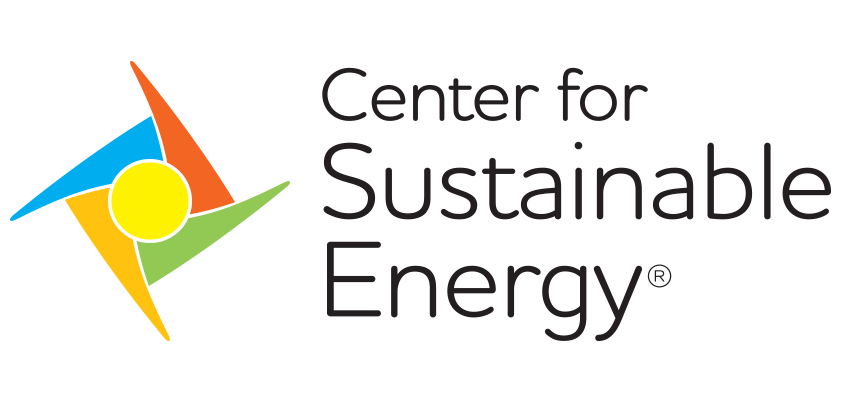Helping Energy Efficiency Programs Serve Latino Homeowners

Energy efficiency is personal. This is especially true for home improvement projects that require significant investments of time, effort and money, such as adding insulation or replacing an old HVAC system.
Homeowner approaches to improvement projects are influenced by various attitudes and values related to comfort, health, environment, pride in the home, family routines, money, debt and willingness to hire professional help. They’re influenced by messengers trusted for guidance and the decision-making dynamics within households. In this context, it’s not surprising that social and cultural influences affect our personal decisions about home energy efficiency upgrades – and that these sociocultural factors can vary among different populations.
Research report
CSE recently completed a three-year research project, funded by the California Energy Commission’s EPIC initiative, to explore sociocultural influences related to energy efficiency upgrades among Latinos who own single-family homes, with a focus on Fresno and San Diego counties. Latinos represent nearly 40 percent of California’s population, yet evidence suggests they participate at lower rates than non-Latino whites in mainstream, whole-house energy efficiency programs offered by California’s major utilities. This led us to ask: How can we better understand how Latinos think, feel and act regarding home energy efficiency upgrades? And how can we use that knowledge to help energy efficiency programs better serve this important audience?
CSE’s research team, which included Research Into Action, Ghoulem Research and Edward Vine, sought to answer these questions through a mixed methods approach – including a literature review, focus groups, semi-structured interviews, a survey of Latino and non-Latino households, online experiments and field experiments. Our research findings were translated into 10 program and research recommendations outlined below.
Of course, Latino households are far from homogenous across California. They can be characterized by level of acculturation, family country of origin, income, occupation, local climate and many other factors. Our recommendations are based on patterns that we found to be common in the Latino households we studied.
Looking forward
It is our hope that energy efficiency stakeholders across California (and beyond) will be inspired to apply and evaluate these recommendations or conduct similar research with Latino homeowners or other distinct populations in their area. Focusing solely on state or regional averages can mask the needs of underserved groups. As we work to ensure that all ethnic, racial and cultural groups have equitable access to sustainable energy solutions, we must seek to understand the unique perspectives of each community.
Program Outreach Recommendations
1. Partner with community-based organizations (CBOs) as trusted messengers.
2. Take a bilingual approach, especially for populations with low acculturation.
3. Use imagery that resonates with the target audience.
4. Use personal stories to demonstrate what’s achievable to lower energy bills.
Program Design Recommendations
5. Address individual concerns, motivations and learning styles in a personalized way.
6. Design programs to facilitate upgrade work by a broader network of contractors and do-it-yourself (DIY) homeowners.
7. Offer options for low-income households through varied financing options, phased whole-house retrofit programs, low-cost recommendations and expanded direct install programs.
8. Create regional one-stop shops to integrate energy efficiency retrofits with other sustainability, health and safety improvements.
Research Recommendations
9. Evaluate program design and outreach recommendations.
10. Conduct research to understand the opportunities and limitations of housing stock and behavior patterns in different communities.
To read the research findings; download handouts on best practices for program implementers, contractors and auditors; or watch a related webinar, visit Social Science Research: Latino Homeowners and Energy Efficiency Retrofits.

